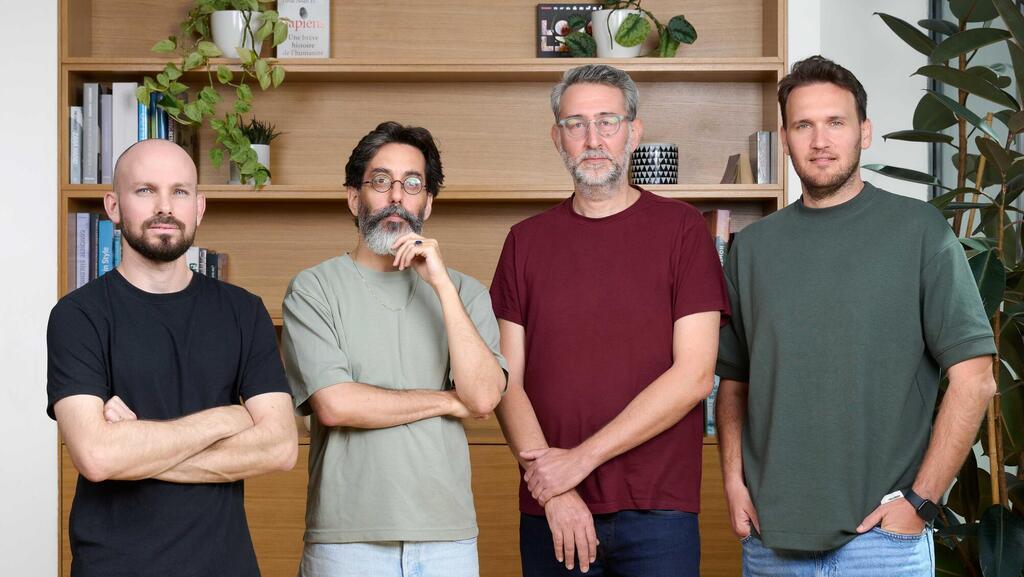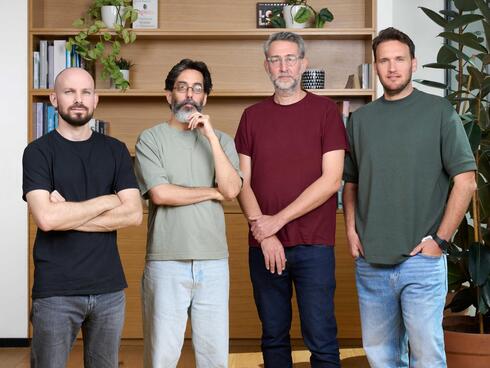
Figma acquires one-year-old Israeli AI startup Weavy for over $200 million
The deal marks the design software giant’s largest acquisition and paves the way for a new R&D center in Tel Aviv.
American design software giant Figma will establish an R&D center in Israel, following its acquisition of Israeli startup Weavy, founded just a year ago and having raised only $4 million to date.
Full list of Israeli startup M&As in 2025
The largest shareholder leading Weavy’s funding was Avi Eyal’s venture capital firm Entrée Capital, alongside Designer Fund and Founder Collective. The company employs about 20 people, and although financial details were not disclosed, industry estimates put the acquisition price above $200 million.
Weavy’s technology is expected to strengthen Figma’s AI capabilities. The startup has developed and is already selling a platform that integrates access to video models with advanced video editing tools. Figma said this marks its largest acquisition to date.
Weavy was founded by a group of former Fiverr employees. Micha Kaufman, Fiverr’s founder and CEO, is also an investor in the company. The startup is led by CEO Lior Albeck, with co-founders Jonathan Alumot (CTO), Jonathan Gur-Zeev (Chief Product Officer), and Itay Schiff (Chief Creative Officer).
According to Albeck, Figma will maintain the Weavy brand and continue selling its product independently, while planning to integrate its technology into Figma’s broader platform over time. The company also plans to expand its Tel Aviv team following the acquisition. Albeck will report directly to Dylan Field, Figma’s co-founder and CEO, who was personally involved in the deal.
Entrée Capital, which led Weavy’s seed round, holds a 20% stake in the company.
Weavy began selling its product just four months ago and, according to Avi Eyal, founding partner at Entrée Capital, has already reached several million dollars in revenue.
“At Entrée Capital, we believe in partnering with exceptional founders, those determined to do what seems impossible,” said Eyal. “In a complex year globally and regionally, the team in Tel Aviv built a world-class product and attracted one of the most respected technology companies in the world. We are very proud of Weavy and congratulate Figma for recognizing and continuing to invest in Israeli innovation.”
Figma made global headlines three years ago when Adobe attempted to acquire it for $22 billion, a deal that was ultimately canceled due to regulatory concerns and fears of reduced competition.
In July 2025, Figma went public on Wall Street and is currently trading at a $24 billion valuation, after peaking near $60 billion shortly after its IPO. Founded in 2012, Figma is now among the world’s most widely used design platforms, known for its AI-driven tools and ease of use.
Asked why Weavy agreed to sell so early, Albeck said: “We admire Figma, and much of what we’ve built is inspired by how they’ve succeeded. It’s true that it’s early, but this is the right way to realize our vision.”
Related articles:
He rejected the notion that the deal was merely an acqui-hire, emphasizing that Weavy, founded in 2024, already had paying customers and real revenue.
“Weavy was built on the idea that the new skills needed in the creative world of AI are systems-building,” Albeck added. “Now, as part of Figma, we can bring this philosophy to millions of creators and teams around the world. Together, we’ll enable users to build creative workflows directly within Figma.”
“Weavy lets you pair AI with your own professional craft to build incredible visual content,” said Dylan Field, CEO and Co-founder of Figma. “This is a bet that AI "slop" is not the final destination, but a starting point—a new medium to play with and shape. We’re combining our shared vision, maker culture and momentum to shape what’s next for design and creative tools. I can’t wait to build together.”
